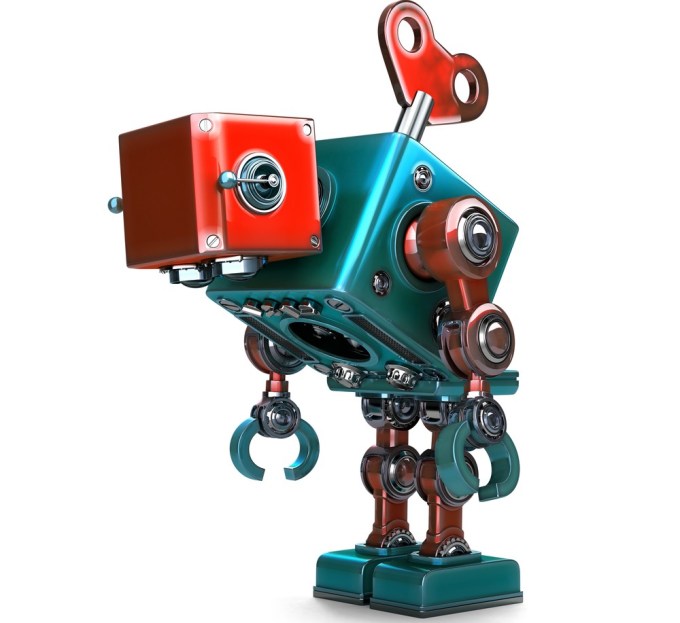
The battle between the FBI and Apple over the unlocking of a terrorist’s iPhone will likely require Congress to create new legislation. That’s because there really aren’t any existing laws that govern these technologies.
The battle is between security and privacy, with Silicon Valley fighting for privacy. The debates in Congress will be ugly, uninformed and emotional. Lawmakers won’t know which side to pick and will flip-flop between what lobbyists ask and the public’s fear du jour. And because there is no consensus on what is right or wrong, any decision they make today will likely be changed tomorrow.
This is a prelude of things to come, not only with encryption technologies, but everything from artificial intelligence to drones, robotics and synthetic biology. Technology is moving faster than our ability to understand it, and there is no consensus on what is ethical.
t isn’t just the lawmakers who are not well-informed; the originators of the technologies themselves don’t understand the full ramifications of what they are creating. They may take strong positions today based on their emotions and financial interests, but as they learn more, they too will change their views.
It takes decades, sometimes centuries, to reach the type of consensus that is needed to enact the far-reaching legislation that Congress will have to consider. Laws are essentially codified ethics, a consensus that is reached by society on what is right and wrong. This happens only after people understand the issues and have seen the pros and cons.
Consider our laws on privacy. These date back to the late 1800s, when newspapers first started publishing gossip. They wrote a series of intrusive stories about Boston lawyer Samuel Warren and his family, which led his law partner, and future U.S. Supreme Court Justice Louis Brandeis, to write a Harvard Law Review article, “The Right of Privacy,” which argued for the right to be left alone.
This essay laid the foundation of American privacy law. It also took centuries to create today’s copyright laws, intangible property rights and contract law. All of these followed the development of technologies such as the printing press and steam engine.
[“Source-techcrunch”]
 Techosta Where Tech Starts From
Techosta Where Tech Starts From